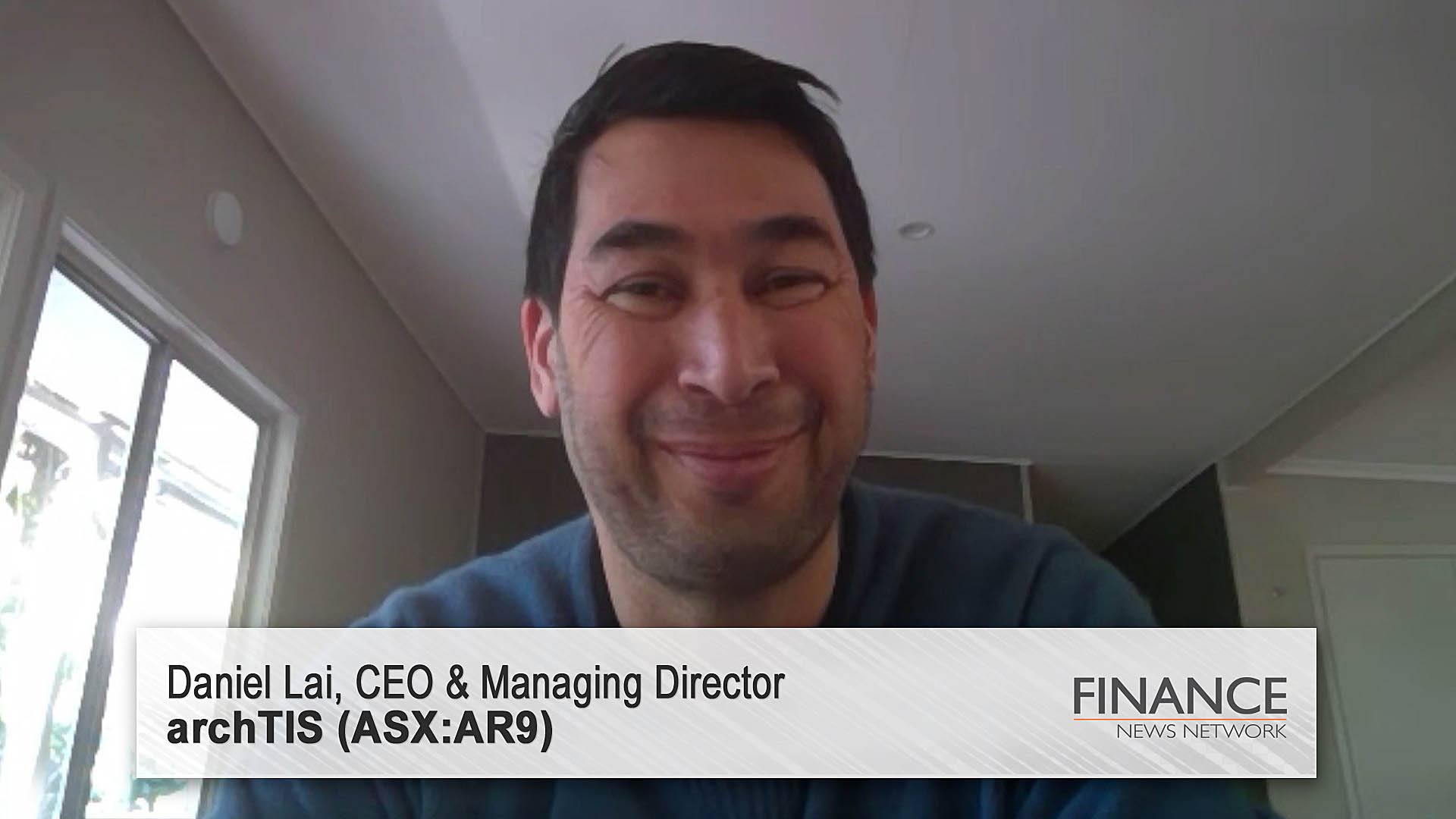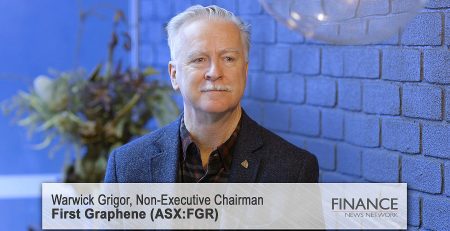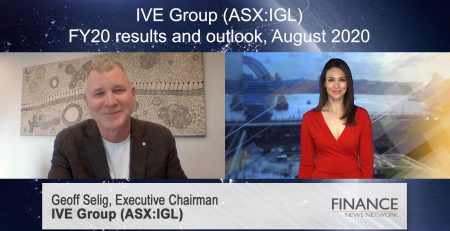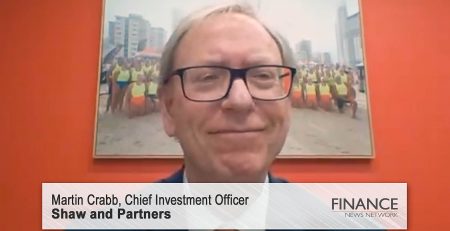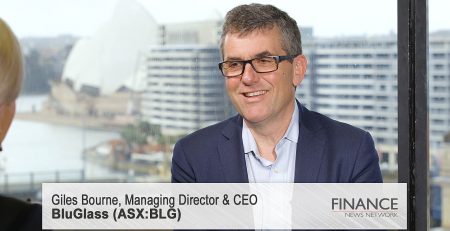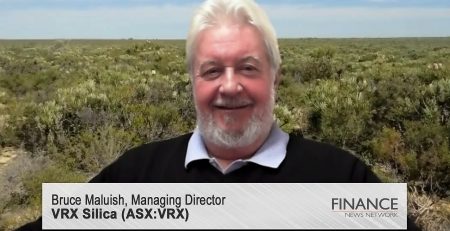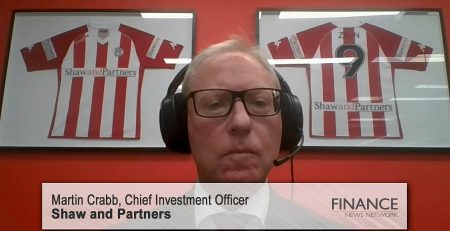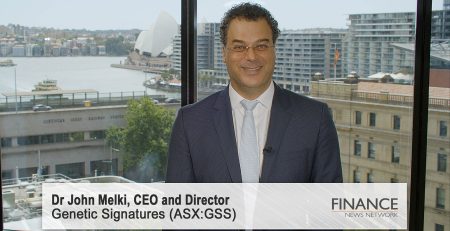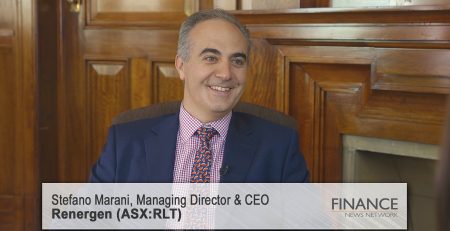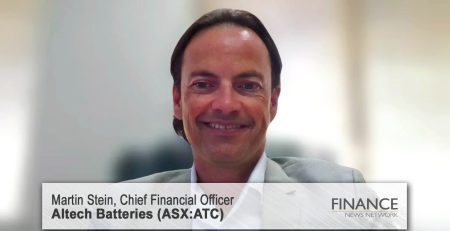archTIS (ASX:AR9) – sensitive and classified information shared securely
archTIS Limited (ASX:AR9) CEO and Managing Director Daniel Lai discusses AR9's client base and growth plans, international markets, and collaborations with Microsoft and KPMG.
Tim McGowen: We're talking today with Daniel Lai, who is the CEO and MD of archTIS (ASX:AR9), ASX code AR9, market cap of around $50 million. If you don't know archTIS, it's a global provider of innovative software solutions for the secure collaboration of sensitive information. We have with us Daniel Lai. Daniel, nice to see you again. We had you on the webinar on Friday. We've got some catch up Q&A to do.
Daniel Lai: Thanks very much, Tim. Happy to be here.
Tim McGowen: Now, one of the first questions we had from our webinar on Friday was approximately how many clients does AR9 have, and can you give a breakdown of what percentage of the clients make up the majority of your income?
Daniel Lai: So, we're rapidly growing our client base. We currently have about 25 clients utilising the Kojensi platform. We have in excess of 20 clients using NC Protect globally. That client base is network growth, particularly for Kojensi. That tends to be growing month on month. And we're expanding the number of users with each of those clients. I think it's really critical to note the quality of the marquee clients that we have. Even though that's not an enormous number of clients, we are an enterprise company, with the likes of Thales, the likes of Northrop Grumman, SAP, EOS, Adelaide University, Flinders, University of Canberra, the Australian Attorney-General's Department, and others, so really high-quality clients, King Abdullah City for Energy and Atomic Research, very high-calibre clients.
Tim McGowen: Can you talk to the projected growth of new clients over the next 12 months compared to where you are today?
Daniel Lai: We think that we're going to be doing 100 per cent. We're going to target 100 per cent growth next year on our revenue, so on our annual recurring revenue. Look, I won't talk to the numbers, because it's a bit of a split between what is internal growth with those current clients versus what new additional clients that we have on board, but I will say this, that we are expecting a strong growth year.
Tim McGowen: Another one of the questions that came through from the webinar was what the global spread is of income by continent and percentage if you could give us a rough idea of those numbers?
Daniel Lai: We started as an Australian company servicing the Australian Department of Defence and the Australian government. The products that we have built are very much… specifically have a niche competitive advantage for sensitive and classified information, and defence to industry, and industry to defence, and industry to government. Naturally, about approximately 80 per cent of our income is coming in from the Australian marketplace, where we've been able to build the business from, and about 20 per cent of the income is coming from overseas. But what we have done is invested over the last 12 months and 18 months to build that global infrastructure. So, we expect to see a reasonable pivot to growing that overseas income and rebalancing where that income comes from in terms of generating revenue from overseas. We have plans to launch Kojensi, that government platform and industry platform for sensitive and classified information, into those overseas markets in FY23, and we think that will rebalance where that income is generated from as well.
Tim McGowen: There's a question here, Daniel, on Kojensi. Can you talk about whether that will be an international platform?
Daniel Lai: As I just mentioned, Kojensi is our fully integrated secure collaboration platform. It's been doing really well here in Australia. Last year, it did 100 per cent growth, and I talked about some of the calibre of the clients that are on that platform. Most of those clients have procured both NC Protect and Kojensi, and we're very excited, in this next calendar year, we expect to launch it into the US market. The features that we've just announced in terms of the version two of the platform that we've invested in over the last 12 months is particularly in the export control and ITAR, which is the International Trades and Arms Regulations. As we know, with this massive investment in defence globally, there's tightening of compliance for export control laws, particularly from the US in how they share their sensitive competitive advantage technologies. And we're targeting that market for the defence industrial base in the US. So, Kojensi will be launched into the US with a niche market with a very specific competitive advantage, and we're very excited about doing that, entering the global market with Kojensi in FY23.
Tim McGowen: The last quarter was talking about a $15 million pipeline with Microsoft. Has any of this been converted, and can you give us a little bit more colour on that?
Daniel Lai: Certainly. So, again, starting from our roots in Australia, we started with the Microsoft team here locally. They got excited by what we were doing. We closed a couple of deals with them, particularly in the Australian Department of Defence with NC Protect. I think there was $1.6 million over three years on that contract. That is expanding, and what we'll do then is we got introduced by the Microsoft team globally.
We have now been dealing with the Vice President of Defense and National Intelligence with Microsoft. We have been introduced into participating with Microsoft in their proposals to a number of different defence departments globally, but these things take time. You're only one component of a proposal into other defence departments, but we see that partnership bearing fruit. $15 million was through that expansion and integration into the Microsoft… we went on to the Microsoft Azure marketplace for the product. We're integrating into their broader security products from NC Protect.
So, we anticipate that there's going to be strong growth from that over the next 12 to 18 months. It's really, really important to do the right type of investment and make the right relationships in those alliance partnerships, and we believe that we've got those foundations. So, we expect to convert a lot more opportunities from that relationship over the next 12 months.
Tim McGowen: Back in April, you announced archTIS involvement in the OneDefence $515 million consortium with KPMG. Will contracts be finalised in first quarter 2023 or can you give us a timeline on that?
Daniel Lai: What we expect to happen with that is I think it was the $215 million for tranche one and there's tranche two. What will happen there is that the initial phase of that will be what's called a discovery period with the Australian Department of Defence. We're finalising those contracts as we speak. And what we'll start with is small tranches of consulting dollars to assist in those discovery processes. That will define the work going forward, and we expect to continually get additional tranches of revenue coming through for that. It will commence as a consulting service process and will then move into technology delivery towards the end of tranche one and into tranche two. And that's where we expect to grow that revenue.
I think strategically it's critical for investors to understand what that means for us in defence. We've won the TS space. We've got Kojensi growing in there with the $7 million announcement in June with that contract with defence to expand Kojensi. We're winning the defence supply chain. We're using NC Protect in our deployed information environment for army, and now we're advising them on their data security through that KPMG consortium. So, we've been very strategic in trying to win Australian Department of Defence, which has $15 billion to spend on information and cybersecurity over the next 10 years. We said we wanted to be the primary provider of policy enforcement to the Australian government, and we're very strongly in a position to deliver against that and grow revenue in that account, and KPMG is just a part of that.
Tim McGowen: Daniel, thanks for your time. Thanks for following up the Q&A from Friday's webinar.
Daniel Lai: Thanks very much, Tim. Cheers.
Ends
Copyright 2022 – Finance News Network
Source: Finance News Network

